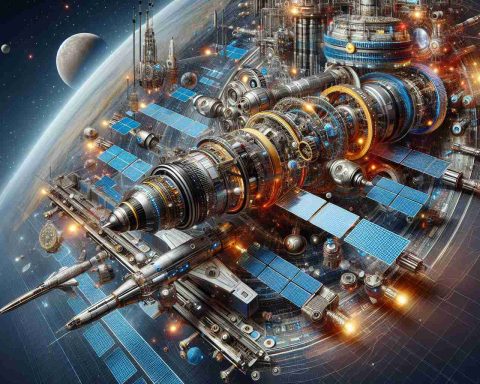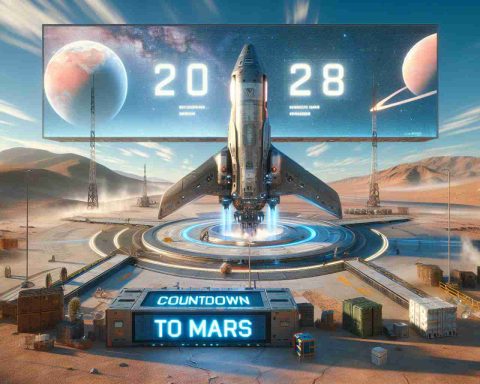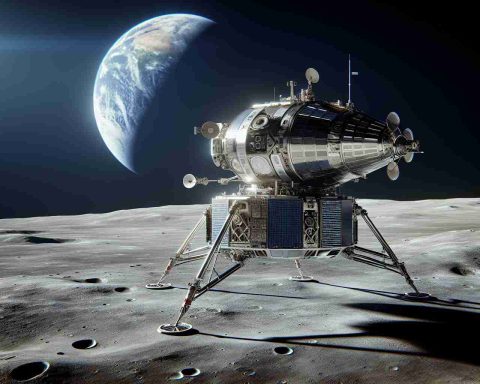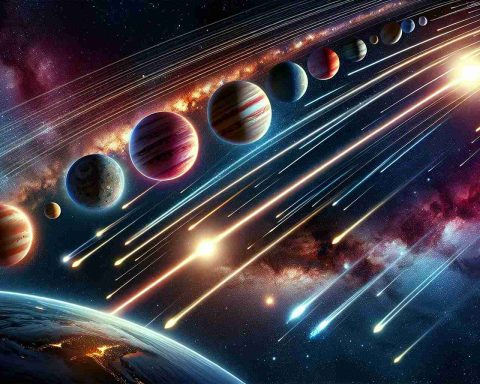Mars - Page 7
Mars is the fourth planet from the Sun in the solar system and is often referred to as the "Red Planet" due to its reddish appearance, which is a result of iron oxide (rust) on its surface. It is a terrestrial planet with a thin atmosphere composed mainly of carbon dioxide, with traces of nitrogen and argon. Mars has distinctive features such as the largest volcano in the solar system, Olympus Mons, and a deep canyon system, Valles Marineris. The planet has two small moons, Phobos and Deimos, which are thought to be captured asteroids. Mars has been a significant focus of exploration in astronomy, with numerous missions aimed at studying its geology, climate, and potential for past or present life. Its surface exhibits evidence of past water flows, raising questions about its habitability. Mars also has seasons, polar ice caps, and weather patterns, similar to Earth.
















